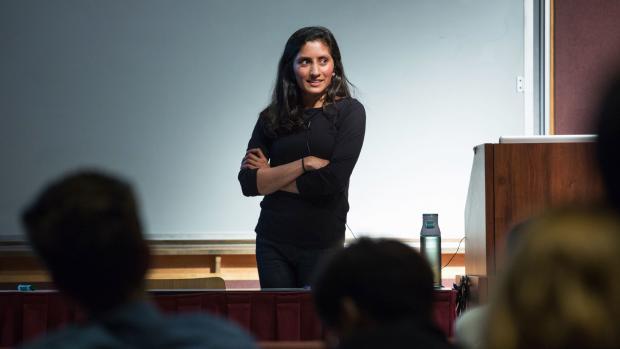
Breaking News
 Wednesday War Room LIVE: Fireworks As AG Pam Bondi Testifies Before Congress On Epstein Files...
Wednesday War Room LIVE: Fireworks As AG Pam Bondi Testifies Before Congress On Epstein Files...
 Trans Suspect Kills Nine, Wounds 25 Before Committing Suicide In HORRIFYING Canadian...
Trans Suspect Kills Nine, Wounds 25 Before Committing Suicide In HORRIFYING Canadian...
 Liberate Education from the State
Liberate Education from the State
 Mark Zuckerberg buys new $150 million Miami mansion after becoming latest tech billionaire...
Mark Zuckerberg buys new $150 million Miami mansion after becoming latest tech billionaire...
Top Tech News
 Drone-launching underwater drone hitches a ride on ship and sub hulls
Drone-launching underwater drone hitches a ride on ship and sub hulls
 Humanoid Robots Get "Brains" As Dual-Use Fears Mount
Humanoid Robots Get "Brains" As Dual-Use Fears Mount
 SpaceX Authorized to Increase High Speed Internet Download Speeds 5X Through 2026
SpaceX Authorized to Increase High Speed Internet Download Speeds 5X Through 2026
 Space AI is the Key to the Technological Singularity
Space AI is the Key to the Technological Singularity
 Velocitor X-1 eVTOL could be beating the traffic in just a year
Velocitor X-1 eVTOL could be beating the traffic in just a year
 Starlink smasher? China claims world's best high-powered microwave weapon
Starlink smasher? China claims world's best high-powered microwave weapon
 Wood scraps turn 'useless' desert sand into concrete
Wood scraps turn 'useless' desert sand into concrete
 Let's Do a Detailed Review of Zorin -- Is This Good for Ex-Windows Users?
Let's Do a Detailed Review of Zorin -- Is This Good for Ex-Windows Users?
 The World's First Sodium-Ion Battery EV Is A Winter Range Monster
The World's First Sodium-Ion Battery EV Is A Winter Range Monster
 China's CATL 5C Battery Breakthrough will Make Most Combustion Engine Vehicles OBSOLETE
China's CATL 5C Battery Breakthrough will Make Most Combustion Engine Vehicles OBSOLETE
Graduate Student Solves Quantum Verification Problem

In the spring of 2017, Urmila Mahadev found herself in what most graduate students would consider a pretty sweet position. She had just solved a major problem in quantum computation, the study of computers that derive their power from the strange laws of quantum physics. Combined with her earlier papers, Mahadev's new result, on what is called blind computation, made it "clear she was a rising star," said Scott Aaronson, a computer scientist at the University of Texas, Austin.
Mahadev, who was 28 at the time, was already in her seventh year of graduate school at the University of California, Berkeley — long past the stage when most students become impatient to graduate. Now, finally, she had the makings of a "very beautiful Ph.D. dissertation," said Umesh Vazirani, her doctoral adviser at Berkeley.



